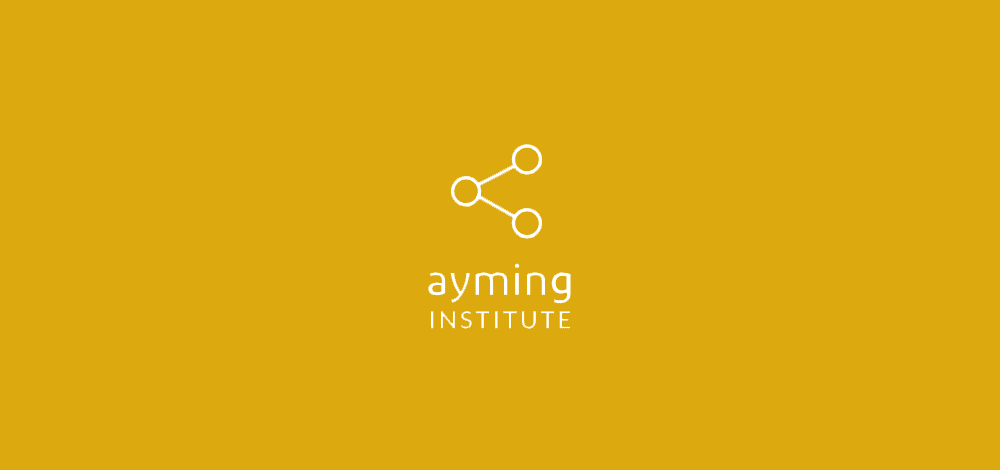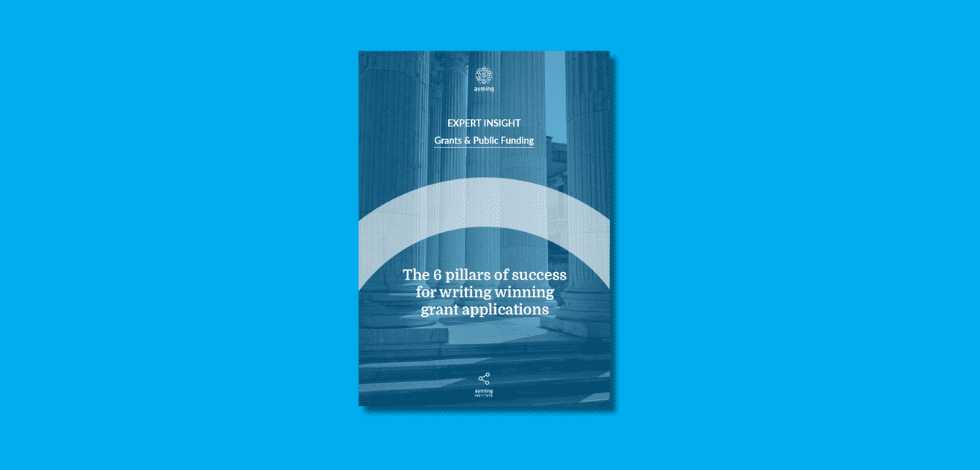Five European female leaders share their views on women’s roles in large companies in the latest book by the Ayming Institute. Their testimonies are the subject of “Five European Women: Shaping European Business Performance” available to buy on Amazon. Many questions regarding the feminisation of managerial roles are addressed: Do women really manage things differently? What is their contribution to business performance? Do they have the same priorities and methods as men? Do they bring a new form of management? Are female leaders just like any other leader?
They tell their stories, share their points of view on their companies, and discuss the challenges they have encountered to establishing themselves. This book offers concrete, operational and inspiring points for reflection on the place of women in the C-suite, in both the new economy and in more traditional sectors.
Anne Rigail, Chief Executive Officer of Air France
“Women are not given seats at the table, they take them. I have found that often, the first enemy that a woman must defeat to succeed is the mental stereotype and gender roles that society has taught each of us. The European Union has an opportunity to play a strong, positive role in the future of the economy. We must be ambitious, persistent, we must make the most of our strengths – and the European project is a fantastic means of maximising our collective performance.”
Emma Marcegaglia, President of Eni
“As I have progressed in my career, I have sought to learn from other women, and one of the most common traits I’ve found is work ethic; we outwork our competitors, if we want to beat them. Company performance has an impact at the individual level as well. Company performance is collective performance, and good teamwork is essential.”
Julie Chapon, Co-founder of Yuka
“Women have not necessarily been given the cultural capital to fight as hard for salary and title as men have. Women have been marginalised or even rendered invisible, but are now fighting hard. Economic performance is a means to an end. Money itself is not our mission. We have targets, and some of them do relate to finance, but they rare merely economic survival targets. This approach obviously has an impact on every aspect of the business.”
Laurie Pilo, Managing Director of Ayming Benelux
“Women should not have to behave like men to succeed like men. It is not the fact of being a woman or a man that makes a person a better or worse decision-maker, it is the fact that they are different. European performance is built on European talent, and this talent must be encouraged. European companies are the embodiment of European talent. They are the cutting edge of many fields, and are achieving fantastic results in a challenging and demanding economic environment.”
Cristina Garmendia, President of the Cotec Foundation
“Is it a difference in vision? No, it is difference in education. I believe that when men and women are raised identically, with an identical vision, then there are no differences. Performance is a socio-cultural issue, not a genetic one. Success is a solid business culture that will defend itself from external threats. When a company has a solid base, with an adequate level of “performance”, it’s got nothing to do with a message from management, but with a message from the organisation itself.”
The Ayming Institute is the new think tank of the Ayming Group. It brings together all the high value-added knowledge produced by experts to think about tomorrow’s business performance.
“Five European Women: Shaping European Business Performance” is available now on Amazon, just follow the link below to purchase a copy.













No Comments